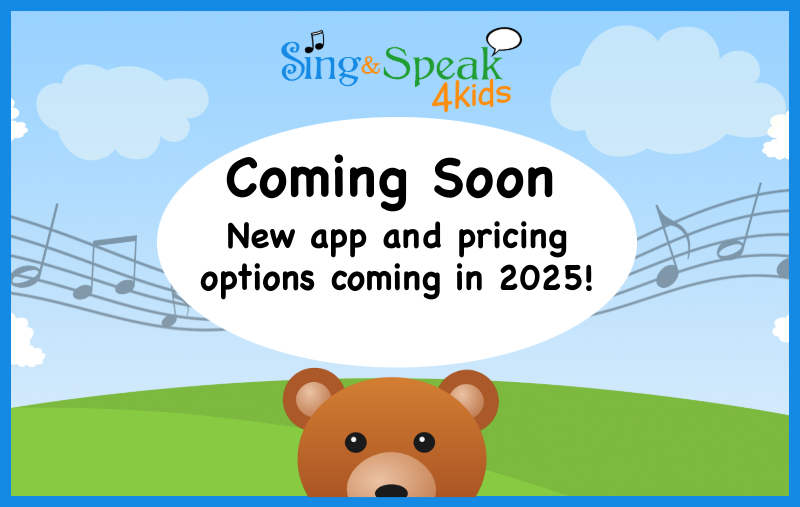In today’s digital age, many children spend hours each day on electronic devices, often at the expense of physical activity and real-world interaction. While screens may offer convenience and entertainment, outdoor play provides far more lasting benefits for a child’s development. From boosting physical health to building stronger social skills, time spent outside lays the foundation for a well-rounded and active lifestyle. Encouraging children to step outside and explore the world around them isn’t just fun—it’s essential for their growth.
Language Development
Outdoor play creates a rich and dynamic environment for language growth in children. When kids are outside, they tend to speak with more energy and a wider vocabulary, inspired by the exciting and unpredictable world around them. For quieter children, open space and a playful atmosphere can help them find their voice and build confidence in expressing themselves.
Unlike more restrictive indoor settings, outdoor environments naturally lead to movement and exploration, which spark more interaction, storytelling, questioning, and imaginative play. As children navigate new situations, they strengthen critical thinking skills and develop deeper, more complex thought patterns. Real-world conversations—like taking turns on the slide or chatting with new friends—help reinforce communication skills, making outdoor play an important part of language development.
Creativity and Imagination
Nature inspires creative expression by offering endless opportunities for unstructured play. Whether they’re building forts, splashing in puddles, or mimicking the sounds of birds, kids are free to explore and invent. These open-ended experiences fuel imaginative thinking and allow children to come up with their own games, rules, and stories using what they find around them.
Beyond the joy of discovery, this type of play helps kids develop essential life skills such as innovation, experimentation, and flexible thinking. Unlike indoor games with fixed outcomes, outdoor environments encourage kids to think outside the box and engage with their surroundings in unique and meaningful ways.
Social Skills
Outdoor environments are key to helping children build meaningful relationships and strong social abilities. Playing outside with peers fosters empathy, teamwork, and friendship through shared experiences. Without the structure and pressure of a classroom, kids feel more relaxed and open, making it easier for them to connect emotionally with others.
Unstructured outdoor play promotes collaboration and creativity, which help children practice listening, negotiation, and problem-solving. As they interact with peers, kids also begin to understand different perspectives and become more emotionally aware—essential traits for healthy, lasting relationships. Spending time in nature can even deepen their sense of care for the environment, as they form personal connections with the spaces they play in.
Motor Skills and Physical Confidence
Outdoor play is vital for developing motor skills, particularly during the early years when children are growing quickly. Activities like climbing, jumping, balancing, and running help build strength, coordination, and endurance—physical foundations that indoor environments often can’t fully support.
These challenges not only support physical development but also boost confidence. As kids improve their coordination and feel more capable in their movements, they become more eager to stay active. This positive loop of movement, health, and self-esteem lays the groundwork for a lifelong relationship with physical activity.
Health and Well-Being
With childhood obesity on the rise, encouraging kids to spend more active time outdoors is more important than ever. In the United States, the number of children considered obese has grown dramatically, from just 7% in 1980 to nearly one-third today, largely due to poor diets and a lack of physical activity. Outdoor play gets kids moving naturally, helping them maintain a healthy weight and avoid the risks associated with a sedentary lifestyle. Research shows a direct link between regular outdoor activity and healthier body mass index (BMI) levels in children.
The benefits go beyond weight control. Outdoor play helps prevent conditions like asthma, diabetes, and heart disease, while sunlight exposure supports vitamin D production—essential for strong bones, immune function, and emotional well-being. When healthy habits start early, they’re more likely to continue into adulthood, promoting long-term wellness.
In a world where screens compete for children’s attention, creating space for outdoor play is more important than ever. Whether they’re running through the grass, building with sticks, or just lying in the sun imagining new adventures, time spent outside nurtures growth in ways indoor environments often can’t replicate.
By encouraging outdoor exploration, we’re not just promoting health—we’re helping children become confident, curious, and capable individuals. So let’s open the door, step outside, and let kids rediscover the magic of unstructured play in the great outdoors!



